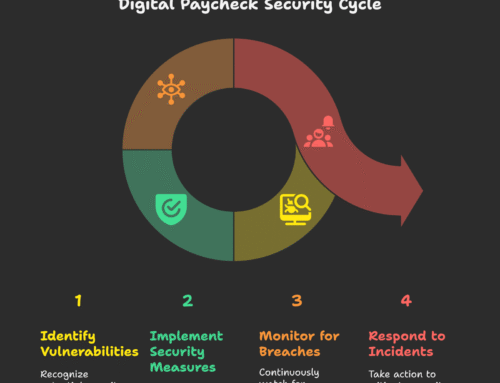2020 was a real challenge for everyone. Companies and workers had to adapt to new working conditions. Some switched to a remote form of work, and some changed their profession. But the HR managers had the most challenging part. Reorganization and coordination of employees and departments were piled on them. It was difficult. It was necessary to master new technologies and software to train employees remotely.
The advent of the Covid-19 vaccine gives hope that companies will soon return to their usual workflow. But the coronavirus pandemic has already affected companies, the labor market, and people, and it will not be possible to return to the same state “as before.” Therefore, companies and employees will need to adapt again to new working conditions. And the HR manager will take care of staff adaptation.
7 tips for the HR manager
Yana Trihub, the founder and CEO of GetCoverLetter, notes that HR’s role is now more in demand than ever because of how the company will function further depends on them. If CEOs are responsible for the organization’s global processes, HR managers are responsible for employees’ loyalty and performance.
If the HR manager works for a small or medium-sized company, they are still likely to recruit staff. But with the coronavirus pandemic, the selection process has become more rigorous and takes place in several stages. And the first step is just reviewing your resume and cover letters.
And based on this, the first tip for 2021 is:
Tip 1. Identify the interest of the applicant in getting a job
When hiring staff, it is worth asking job seekers to send a cover letter with their resume. This way, the HR manager will understand how interested the applicant is in the job and how carefully they read the job description. The interested applicant will later become a loyal employee and will be ready for new working conditions.
Tip 2. Look for new ones, but don’t forget about old ones
HR managers are often focused on hiring the best and training new people but forget about the ones they already have. Thus, current employees may feel left out and start wondering if they should continue to work for the company.
The lower the employee engagement, the lower the efficiency and productivity of work.
Tip 3. Use available technologies and software to ensure communication between departments
Erica Volini, Global Human Capital Leader for Deloitte Consulting, highlights the importance of leveraging software in 2021. With the advent of the COVID-19 vaccine, many companies can return to their usual work schedule. But not all employees are ready to return to their offices. Since working remotely has already been successfully implemented, managers do not mind leaving some departments working at home. It will significantly reduce company costs while maintaining employee performance.
To ensure the smooth and well-coordinated work of remote and office workers, you should provide all workers with one online workspace. At the moment, there are many programs such as Trello, Slack, ClickUp, etc. There, employees can communicate with each other, assign tasks, discuss project implementation, and hold conferences between departments. Since communication takes place directly with each other, you can be sure that the addressee will receive your message or order. But for this system to work, and for employees to easily adapt to this type of cooperation, the HR manager needs to smoothly carry out the implementation, training employees through personal or collective meetings.
Tip 4. A positive approach to communication
Every change and transition in the company affects the employees, primarily communication and understanding between them. A professional HR manager should maintain excellent connections throughout the organization at all times.
An HR manager should communicate with employees every day, not just when they are faced with changes. When you know what problems they are facing, it will be easier for you to solve them.
Tip 5. Collaborate with all departments
The HR manager should support all employees in each department. To do this, you need to learn the individual needs of each employee and department as a whole and how the coronavirus, lockdown, and new working conditions affect their work. Work closely with managers to develop ideas and methods for personnel management. Department managers know better than anyone else how their departments live.
Tip 6. Rewarding and benefits of employees
A good salary is the first thing that can attract a new employee, but working conditions are much more critical. If a person constantly overworks and is under stress, they won’t stay long in the company.
The task for HR departments is to give a feeling of protection and appreciation. Therefore, HR managers need to draw up vacation lists, flexibility in time, perhaps even provide wellness programs and paid sick leave. Little things like that will make employees happier and increase loyalty to the company. This means that the company will not need to spend money and time finding and training a new employee.
Tip 7. Development of a training program
With America’s unemployment rate declining each month, new employees are expected in 2021 who will need to complete an initial training program. In this case, the employee gets an experienced mentor who supervises and supports the newly minted colleagues.
Besides, “old” employees also need training to improve their qualifications. Continuous growth contributes to the quality of the performance of duties and career advancement. But learning doesn’t have to be improvised. It should be a program based on plans, monitoring results and goals. The HR manager is responsible for appointing training managers and mentors.
Final Words
The responsibilities of the HR Manager primarily includes the care and development of employees. But don’t forget about yourself.






Leave A Comment